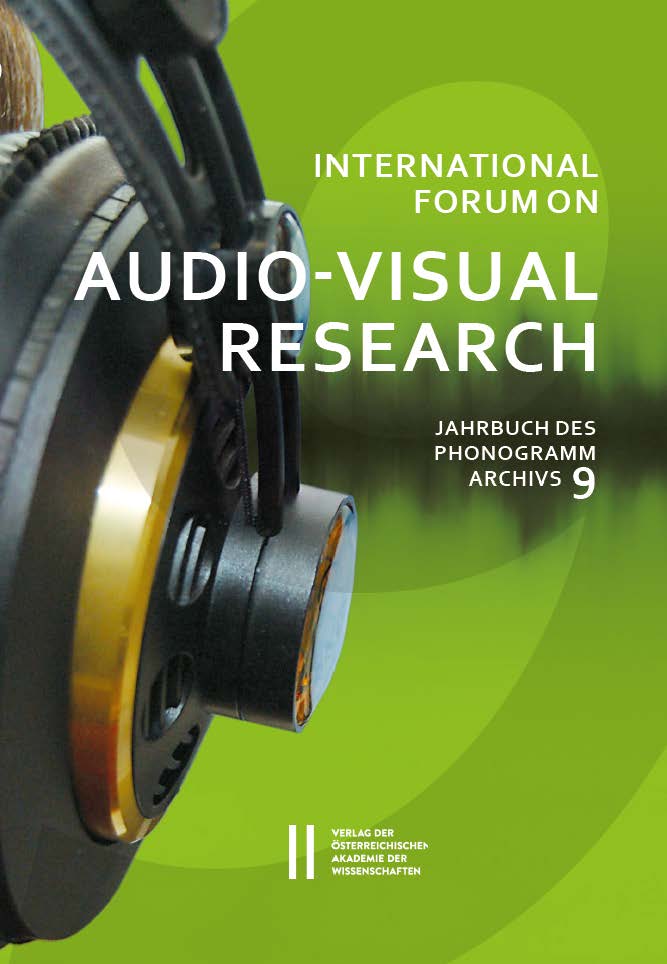
International Forum on Audio-Visual Research - Jahrbuch des Phonogrammarchivs 9, pp. 119-151, 2019/05/02
The present article is about the documentation of soldiers as language bearers and singers. During both world wars, science institutions in Austria-Hungary, Finland, Estonia, and Germany made use of the situation in which representatives of different nations and languages were accessible in prisoner-of-war camps, and collected data for anthropological, linguistic and musicological research. Relations between the researchers and the researched varied, and the collected data were edited and published with different degrees of rigour. The documentation of languages was probably the most successful discipline, which seemed less burdened by excessively high expectations. Due to technical progress making possible the recording of sound, these documentation activities produced touching sound documents, which, however, are less extensive and of lower scientific value than the written documents. The Finno-Ugric languages of Russia in the first half of the 20th century are today documented in corpora which contain to a substantial degree contributions by prisoners of war. This refers equally to texts and lexical resources.
Keywords: Prisoners of war, World War I, World War II, Finno-Ugric languages, linguistics, musicology; Magyar Tudományos Akadémia, Finno-Ugric Society